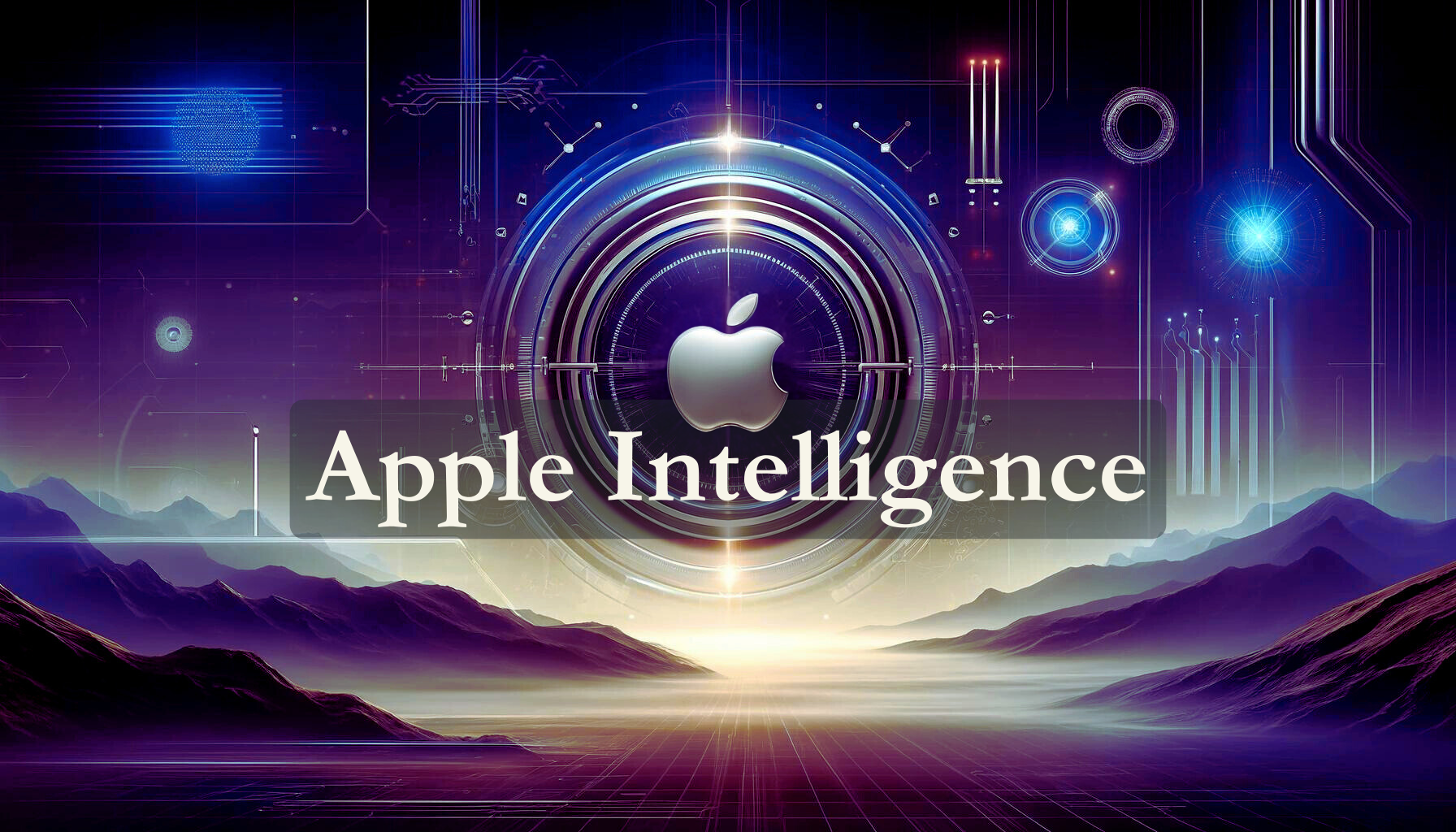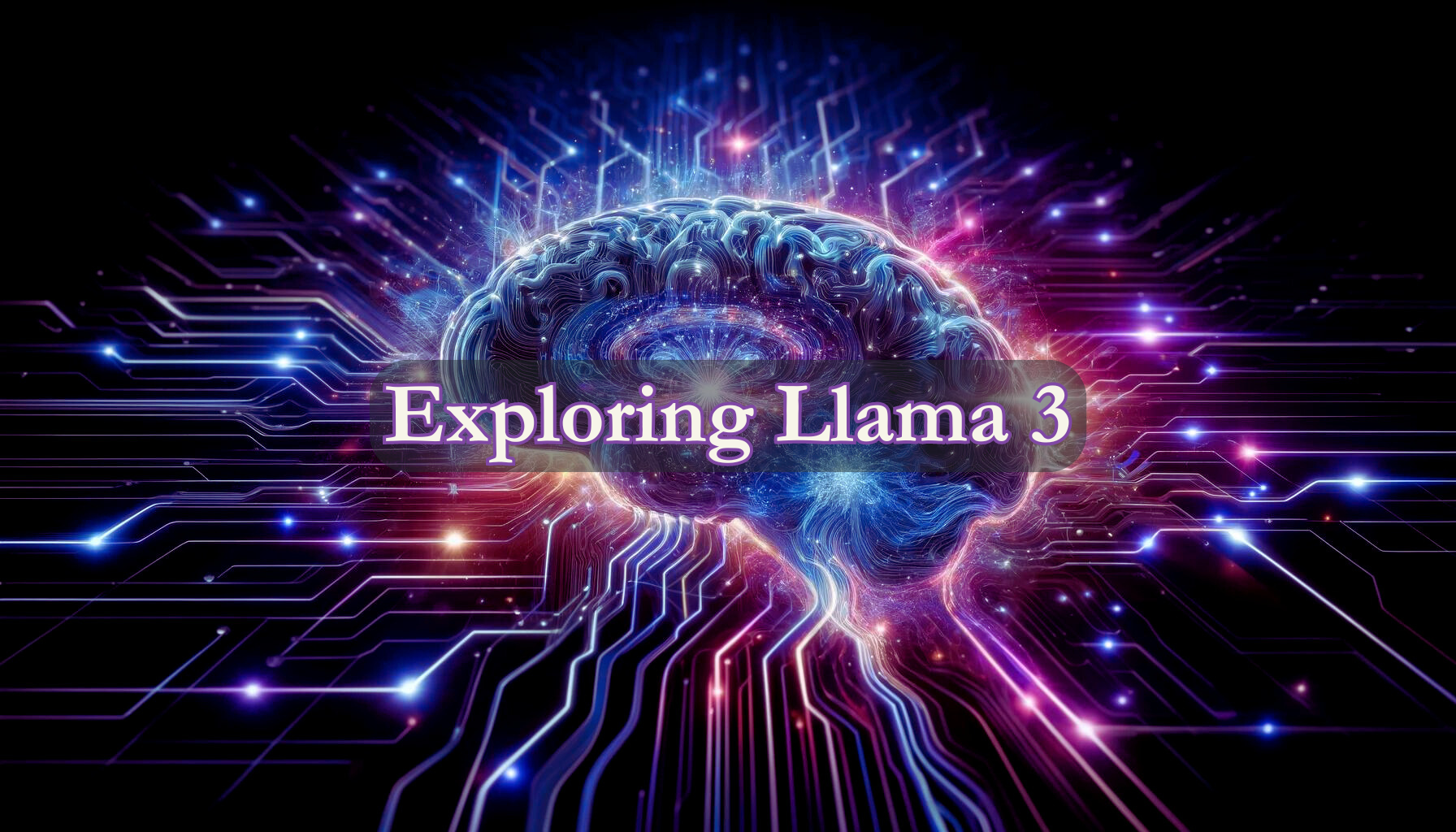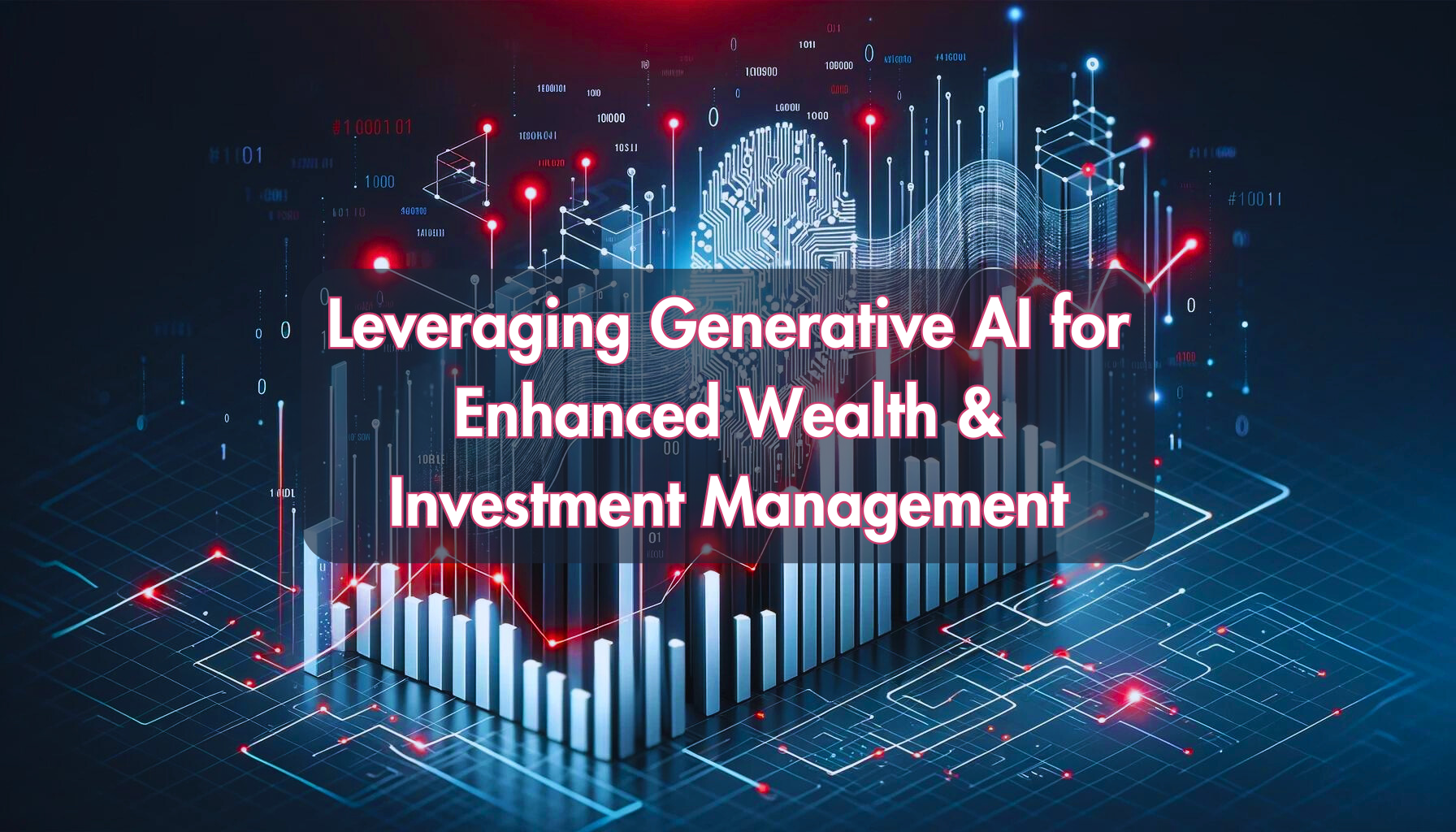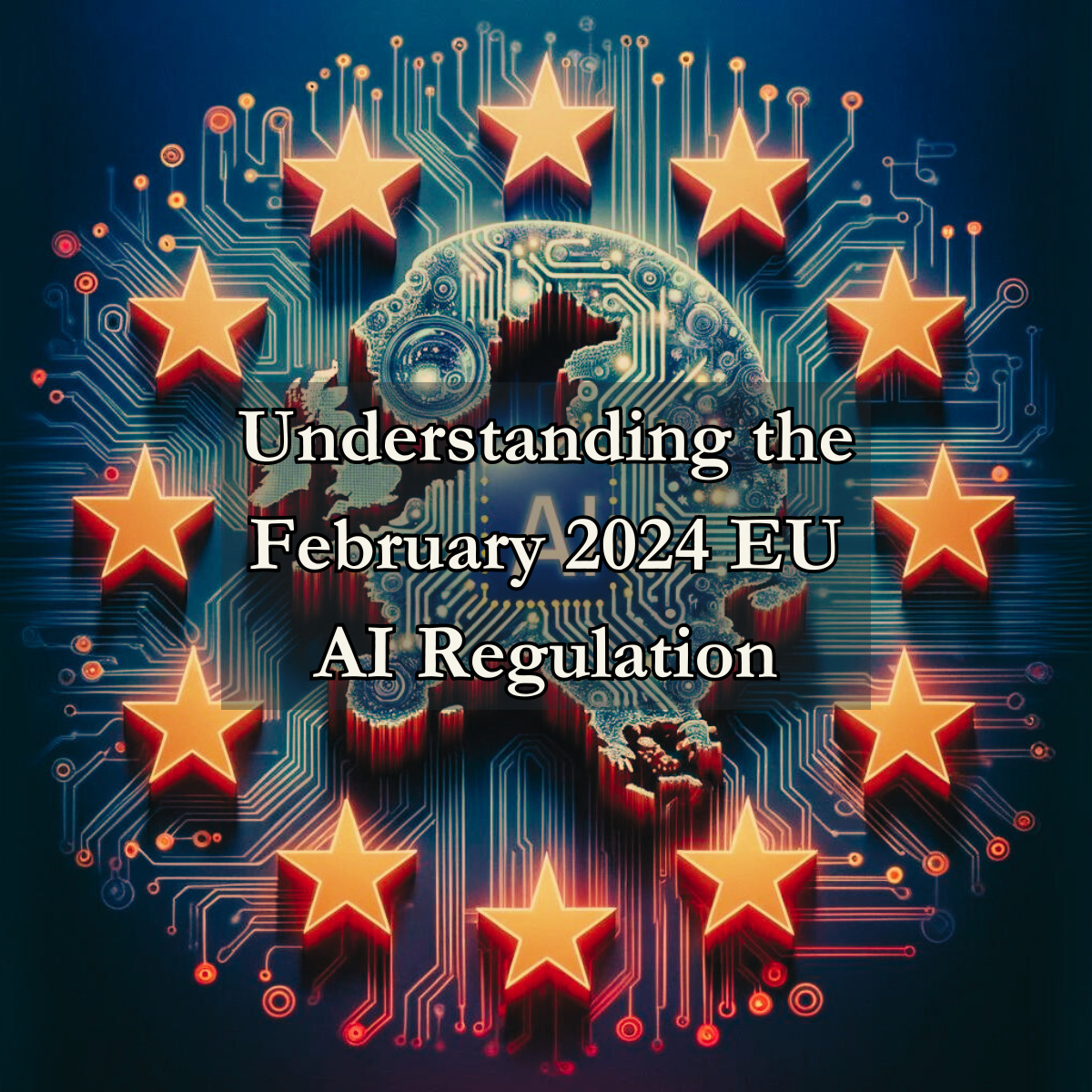Harnessing Generative AI and Agent Swarms: Unveiling the Future of Problem-Solving
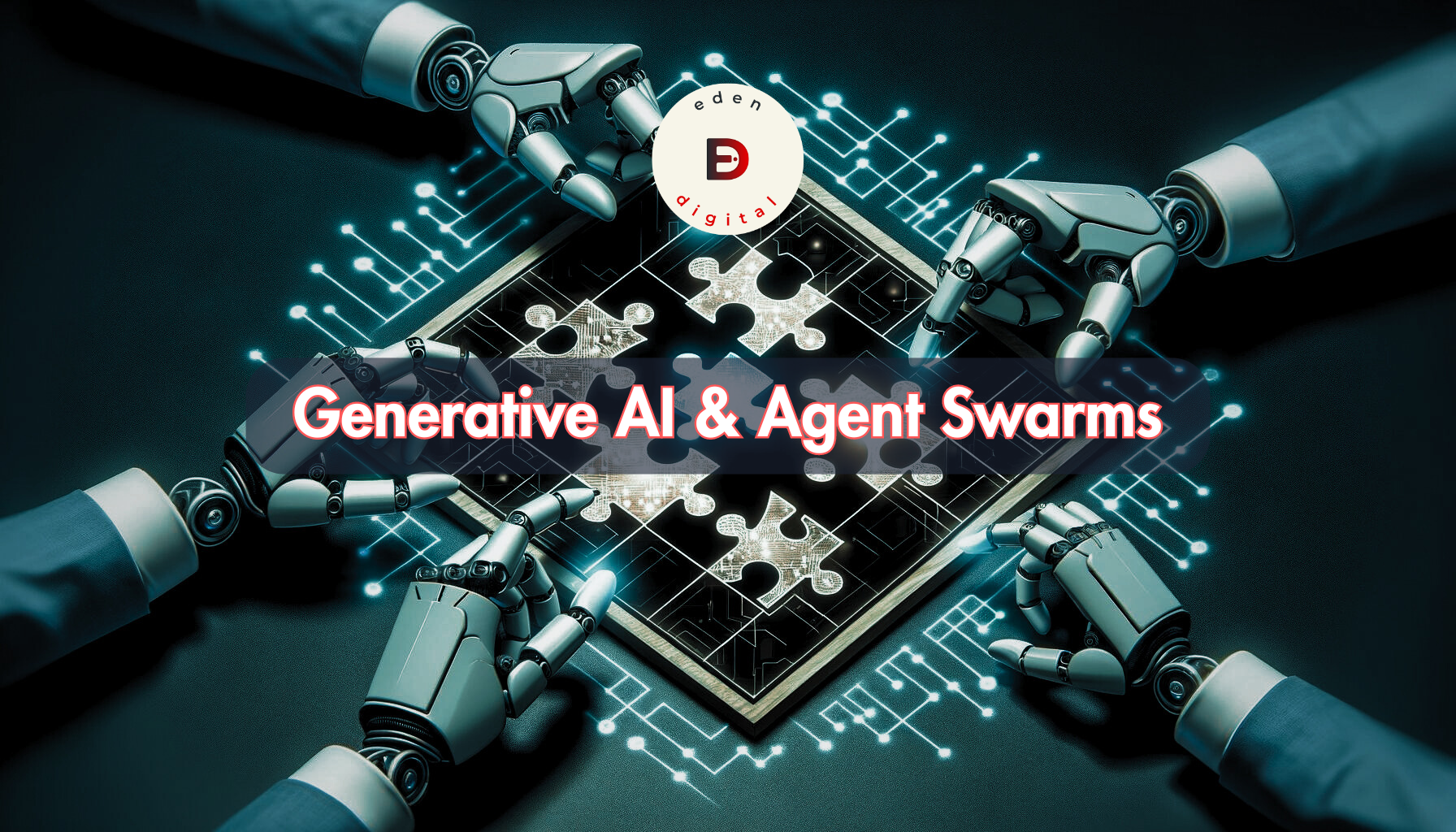
Harnessing Generative AI and Agent Swarms: Unveiling the Future of Problem-Solving
In the realm of technological evolution, where generative AI meets the ingenuity of agent swarms, we're witnessing a paradigm shift. This exploration into the heart of AI agents, the intricacies of agent swarms, their real-world impacts, and the pioneering frameworks guiding their development aims to illuminate the path towards harnessing these groundbreaking technologies.
Understanding AI Agents
The power of many AI minds, working in harmony, transcends the limitations of the singular, ushering in a new era of intelligent problem-solving.
Central to the concept of agent swarms is the individual AI agent: an autonomous entity designed to perceive its environment, reason through problems, and take decisive action towards achieving specific objectives. These agents are not generalists; they are specialists, each adept in areas like image analysis, natural language processing, or robotic manoeuvring. When these specialised agents unite, they create a multi-agent system—collective intelligence that surpasses the capabilities of its individual members.
The Mechanics of Agent Swarms
Agent swarms thrive on distributed problem-solving, where daunting tasks are decomposed into smaller, manageable subproblems. Each agent tackles a portion of the problem, guided by its unique specialisation. This methodological approach yields multiple benefits over conventional single AI models:
Specialisation amplifies efficiency, with each agent contributing deep expertise to its designated task.
Scalability ensures the system can adapt its size according to the task's complexity, maintaining optimal performance.
Resilience enables the system to withstand the failure of individual agents, ensuring uninterrupted collective problem-solving.
Yet, orchestrating such a system is fraught with challenges, from the complexity of coordination to the high computational demands, requiring sophisticated strategies and frameworks for seamless integration and operation.
Frameworks Facilitating AI Agents and Swarms
A diverse ecosystem of open-source and proprietary platforms supports AI agent and swarm development:
CrewAI stands out for its user-friendly approach to developing adaptable agent swarms, democratising the process for developers and innovators. It's designed to simplify the creation and management of AI agent systems, making it easier to deploy solutions across various industries.
AutoGPT by Toran Bruce Richards offers a comprehensive toolkit for building custom AI agents using OpenAI's GPT-4 and GPT-3.5 models, facilitating a range of personal and business projects.
BabyAGI, a simplified task-driven autonomous agent, leverages OpenAI and vector databases for task prioritisation and execution.
SuperAGI presents a more flexible and user-friendly platform for developing, maintaining, and running AI agents, complete with a GUI and integration options.
ShortGPT focuses on leveraging AI for video content creation, covering scriptwriting, voice synthesis, and editing.
ChatDev envisions a virtual software company where multiple AI agents collaborate in diverse development roles, pushing the boundaries of software development.
Microsoft's AutoGen aims to simplify the deployment of agent swarms, enhancing communication among agents and optimising the performance of large language models.
These platforms showcase the breadth of possibilities in agent and swarm AI development, each contributing unique solutions to the ecosystem.
The Impact of Agent Swarms in the Real World
Agent swarms are revolutionising industries, offering innovative solutions to longstanding challenges:
In healthcare, they're pioneering breakthroughs in data analysis, drug discovery, and personalised treatment plans.
Logistics benefits from optimised fleet management and delivery systems.
Environmental monitoring and creative fields alike harness agent swarms for data collection and content creation, showcasing their versatility.
Navigating Challenges and Opportunities
The journey with agent swarms is filled with challenges, from managing their complexity to meeting computational demands. However, the promise they hold for innovation and efficiency across various sectors is unparalleled.
Towards a Future Powered by Agent Swarms
The fusion of generative AI with agent swarms is not merely technological advancement; it's a new frontier in solving complex problems. As we delve into this promising field, the potential for scalable, resilient, and efficient solutions beckons us to explore, understand, and innovate.
Embracing these technologies, we stand on the cusp of a future where AI's capabilities are not just enhanced but transformed, inviting us to imagine and shape a world where problems are solved not just effectively but ingeniously.
Keep up with the AI revolution—subscribe for the newest insights and updates in AI technology.

